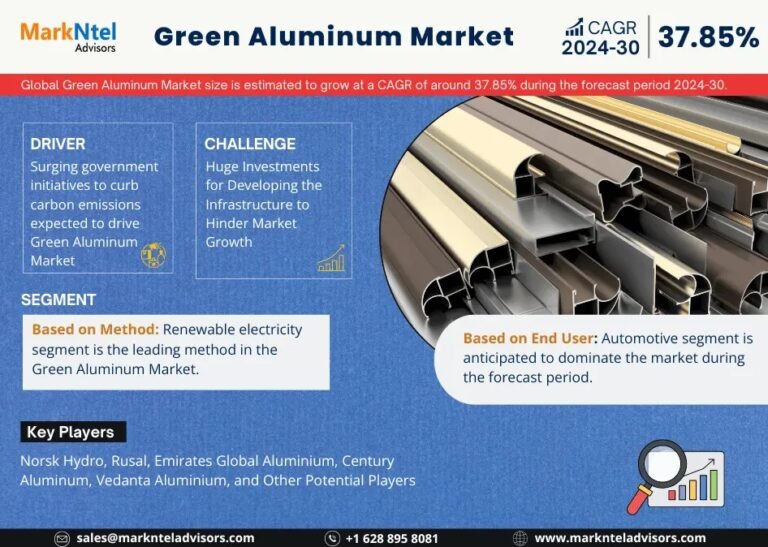The rumble of a diesel engine roaring to life is a voice of power, endurance, and reliability. From a workhorse truck to a tractor or industrial generator, the source of that power is a chain of carefully designed components all performing as one in exact synergy. One of the smallest but most important of those components is the diesel nozzle. Small though it is, this injection nozzle has a massive impact on engine performance, fuel economy, and emission control.
Selecting the correct diesel nozzle is not merely a matter of compatibility but more so a consideration of performance, protection, and peace of mind. When you have noticed loss of engine power, black smoke, or poor fuel efficiency, your diesel nozzle may be shouting something at you.
Let us go through the way you can make the correct decision—and why it matters.
Why the Diesel Nozzle Is Important
A diesel nozzle is tasked with injecting exact quantities of fuel into the combustion chamber of your engine. It atomizes the diesel fuel and sprays it with high pressure, so the fuel is properly mixed with air for a full burn. An ill-matched or damaged nozzle can produce incomplete combustion, which not only is detrimental to your fuel economy but may also cause long-term damage to your engine.
In simpler terms? It’s the detail brush in your engine performance canvas. Without it performing at its best, the entire painting is ruined.
Key Things to Keep in Mind When Picking a Diesel Nozzle
1. Compatibility with your engine
First and foremost, always refer to your engine’s specifications. Diesel engines are designed differently, they have different pressure levels required, and different fuel injection systems. Using a diesel nozzle that is not tailored to your specific engine model may result in poor performance or even mechanical failure.
2. Injection Pressure and Spray Pattern
Different engines employ different spray patterns to achieve complete combustion. Nozzles are designed with a specific angle and the number of holes based on the combustion chamber shape. Mismatch can result in poor atomization and unequal fuel distribution, resulting in loss of power and an increase in emissions.
3. Material and Build Quality
Quality matters—especially when you’re dealing with high pressure and high temperatures. Choose nozzles made from durable materials such as high-speed steel or heat-treated alloys. A premium-quality diesel nozzle will last longer and perform more reliably under stress.
4. Brand Reputation and Reviews
Do not neglect the importance of trust. Stick with highly rated manufacturers or brands that have a reputation for consistency. Check out customer testimonials and, if you can, ask your mechanic or other diesel engine owners for their recommendations. Experience usually beats credentials on paper.
Signs You May Need a New Diesel Nozzle
Sometimes the right nozzle starts with knowing when to replace the old one. These are a couple of indications your nozzle might be going out:
-
Sputtering of the engine
-
Loss of power
-
Faulty acceleration
-
Poor idling
-
Fuel consumption is increasing
-
Smokes black in the exhaust
-
Difficulty in starting
These may appear small at first, but that is a warning sign usually. You can salvage from major damage by your engine if you install the proper diesel nozzle in the proper time.
Final Thoughts: It’s More Than Just a Part
For others, a diesel engine is not just an appliance—it’s a livelihood, a requirement, or a workhorse. If you’re operating a fleet of trucks, farming, or simply keeping your vehicle on the road, a good engine is about power and pride.
So when the moment arrives to replace or upgrade your diesel nozzle, do your research. Ask questions. Consult with experts. Do your homework. Because even the smallest piece of equipment can be a big thing—when it’s about power, accuracy, and peace of mind.





